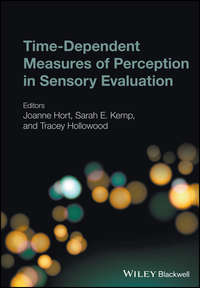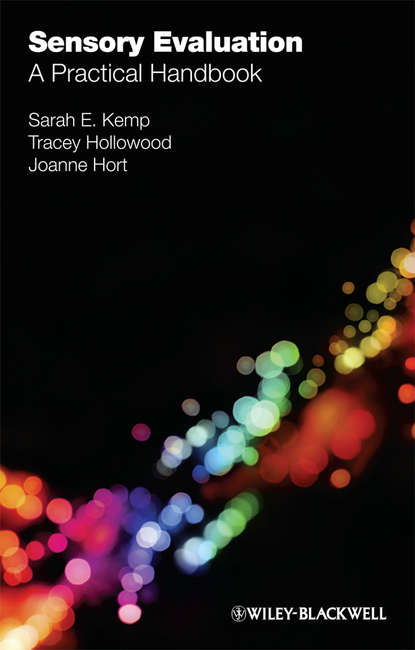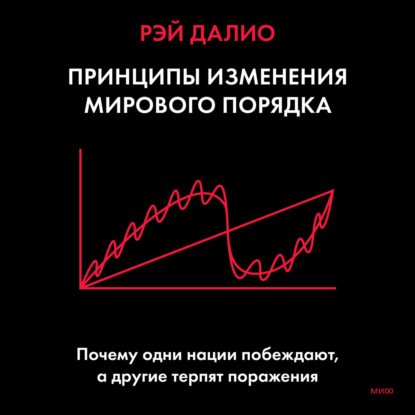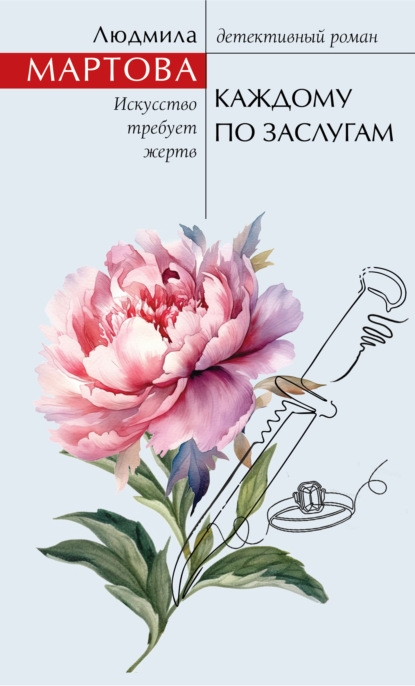Tracey Hollowood - Time-Dependent Measures of Perception in Sensory Evaluation

Sensory evaluation is a scientific discipline used to evoke, measure, analyse and interpret responses to products perceived through the senses of sight, smell, touch, taste and hearing. It is used to reveal insights into the way in which sensory properties drive consumer acceptance and behaviour, and to design products that best deliver what the consumer wants. It is also used at a more fundamental level to provide a wider understanding of the mechanisms involved in sensory perception and consumer behaviour. Sensory perception of products alters considerably during the course of consumption/use. Special techniques are used in product development to measure these changes in order to optimise product delivery to consumers. Time-Dependent Measures of Perception in Sensory Evaluation explores the many facets of time-dependent perception including mastication and food breakdown, sensory-specific satiety and sensory memory. Both traditional and cutting-edge techniques and applications used to measure temporal changes in sensory perception over time are reviewed, and insights into the way in which sensory properties drive consumer acceptance and behaviour are provided. This book will be a valuable resource for sensory professionals working in academia and industry, including sensory scientists, practitioners, trainers and students; and industry-based researchers in QA/QC, R&D and marketing.











